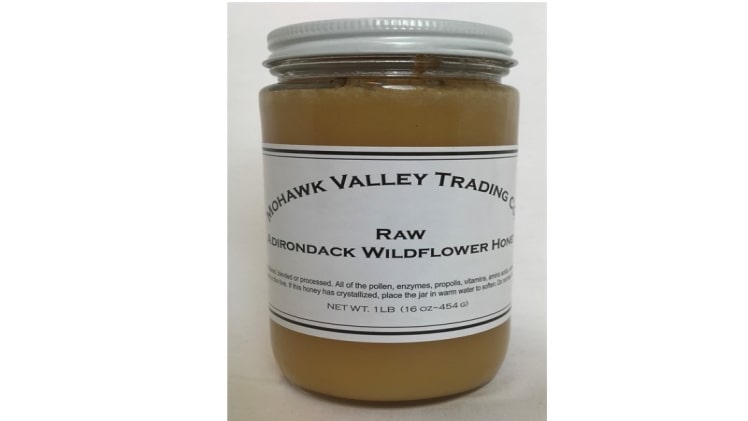When choosing between raw honey and organic honey, you must consider the different benefits and dangers of both types. Although the two varieties of honey are quite similar, there are also some key differences. To make your decision easier, here are some tips to consider. First, look for the USDA organic seal. This seal means that the bees have grown the honey without using chemicals or pesticides. In the UK, you can’t place bee hives more than five miles away from any artificial pollutants.
To be truly organic, honey must come from bees raised on farms that comply with strict USDA standards. That means no pesticides or chemicals were used during the production process. There is no difference between raw and organic honey. You can buy raw honey from a local English beekeeper or purchase organically-produced honey from a supermarket. Choosing a raw honey is the best way to make sure that you’re getting the best possible product.
Click here to know more about : forbes and Learn why : newsvalley on Fubo is a high-risk, high-reward play : knowseobasics.
Raw Honey
Raw honey contains more allergens than organic honey, and there are differences between raw and organic honey. While the majority of honey is organic, it is still not entirely free of chemicals. You can purchase both. Regardless of whether you’re buying a jar from a supermarket or a local farm, it’s essential to understand the differences. There are a few benefits to both, so it’s important to choose wisely.
For one, raw honey has a higher nutrient content. It’s rich in antioxidants and phosphorus, so it’s good for you. It is also beneficial to your health. If you are allergic to dairy products, organic honey is an excellent choice. The ingredients are completely natural and free of preservatives. In addition to being rich in vitamins and minerals, it’s also a good choice for people who have allergies to dairy and soy.
Organic Honey: Organic honey is produced without chemicals or pesticides. This type of honey is not necessarily unprocessed, but it has less sugar than raw honey. Furthermore, it is more expensive than raw honey. In addition, raw and organic honey are not the same. However, they are both great for your health. And while they are both delicious, the difference in their processing methods is most noticeable in the later. Compared to the former, organic is better for you.
In the US, organic honey is produced without the use of chemicals or pesticides. It is also more expensive than regular honey. Its price is comparable to that of raw honey. But be sure to check the label for more information. While the USDA is a good place to buy your honey, you should also check for other certifications to ensure that your honey is free of chemical residues. You can also find more than 100 different varieties of raw and organic honey on Amazon.
Health benefits
While organic honey is more expensive, it has better health benefits. It is better for you and the environment. It also has fewer chemicals than raw honey. Unlike other food products, organic honey has more benefits. It is also better for your wallet. The more healthy you eat, the more you’ll feel. If you buy it in an organic store, it will be safer for your wallet. So, go ahead and get the best of both worlds.
While both types of honey contain different nutrients, raw honey has no such restrictions. It is produced by bees from flowers, and it is thicker than ordinary honey. It is also free of pesticides. But it still has more antioxidants than the former. Moreover, raw honey is not pasteurized or processed, which means it retains more of its nutrients. It is a more expensive option, but it is well worth the extra cost.
If you’re looking for unfiltered honey, you should look for raw honey. In the United States, raw honey is not filtered or heat-treated. It is usually produced at temperatures that are appropriate for bees. Its glycemic index is lower than that of table sugar. It can be a healthy alternative to table sugar. This is because it does not have chemicals that can affect the human body. You can buy organic honey and raw honey from the Mohawk Valley Trading Company.

